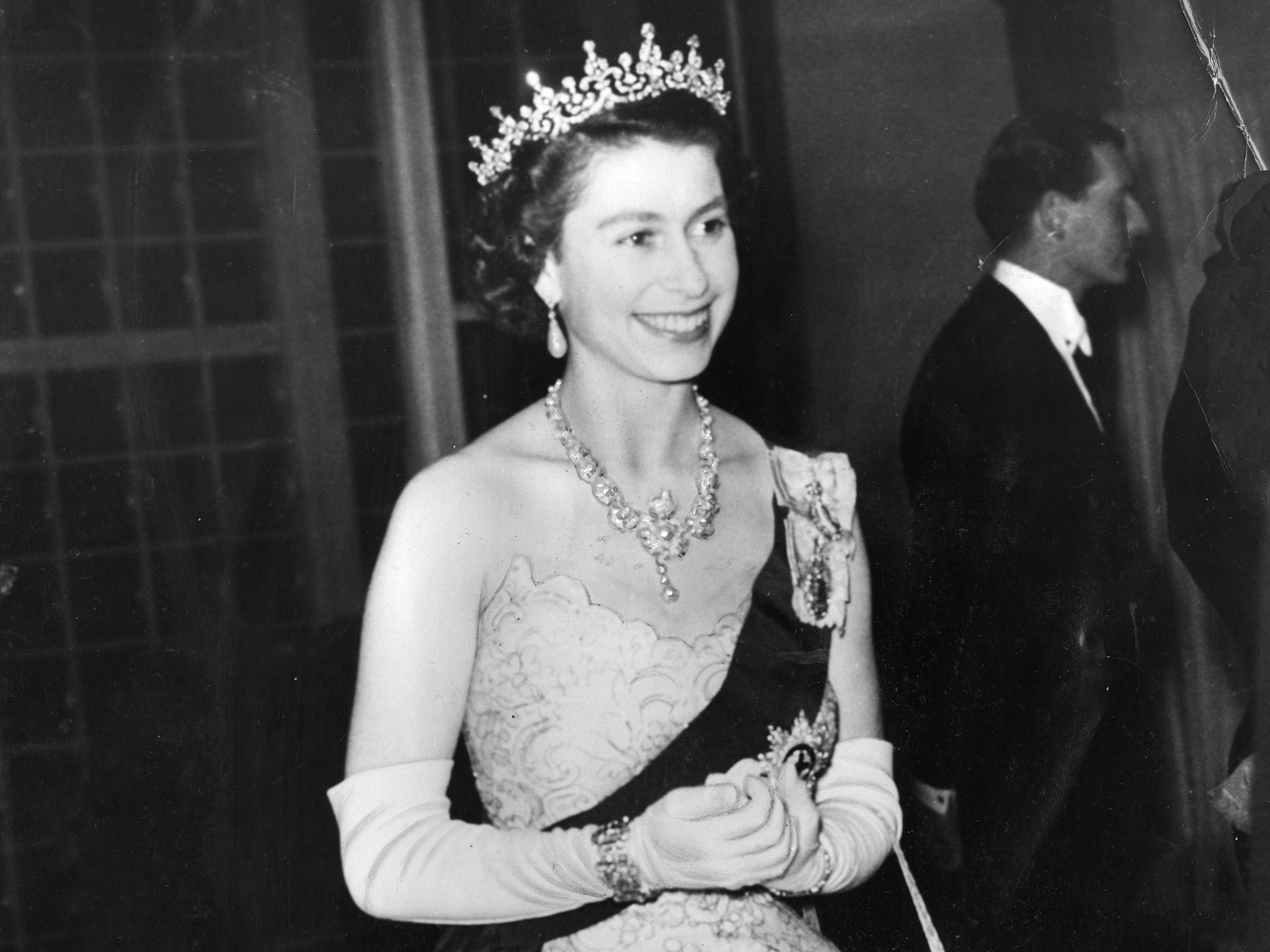So much has changed during Queen Elizabeth II's long reign
She had already made a lifelong commitment in public before she acceded to the throne

When I came to the United Kingdom from Uganda in 1974, the queen had already been on the throne for more than 20 years. I had escaped from a country dominated by the dictator Amin. By contrast, the UK and in the majority of the former British Empire (now the Commonwealth) had evolved a constitutional monarchy which is a bulwark against that kind of tyranny.
This week, Queen Elizabeth II has become the longest-reigning British head of state. She is more experienced than any politician, yet in her weekly audiences for twelve different Prime Ministers, is renowned for her attentiveness and openness.
It was in February 1952, that the newly married Princess Elizabeth, on honeymoon in Kenya with the Duke of Edinburgh, heard the news of the death of her beloved father, King George VI. A princess was now the queen.
Throughout his long marriage to Elizabeth, Prince Philip has combined loyalty and duty, without diminishing his independent personality and a determination to break through some of the stiffness of royal decorum. His wisecracks are legendary, designed to put at ease the otherwise tongue-tied people lining up nervously to meet them. We need to be reminded that he sacrificed a promising career in the Royal Navy for a very different kind of service, though no less committed.
Queen Elizabeth II had already made a lifelong commitment in public before she acceded to the throne. On her 21st birthday, in a radio broadcast from Cape Town the Princess dedicated her life to the service of the Commonwealth. It concluded: “I declare before you all that my whole life whether it be long or short shall be devoted to your service ... God help me to make good my vow, and God bless all of you who are willing to share in it.”
The queen’s first Christmas broadcast renewed this theme of Christian service. Decades later when a collective amnesia prevented us from acknowledging and celebrating the sole significance of the millennium, it was the queen’s Christmas broadcast which reminded us of its origin: “To many of us, our beliefs are of fundamental importance. For me the teachings of Christ and my own personal accountability before God provide a framework in which I try to lead my life. I, like so many of you, have drawn great comfort in difficult times from Christ's words and example.”
And as recently as Christmas Day 2014 she shared with the audience across the world her personal testimony: “For me, the life of Jesus Christ, the prince of peace, whose birth we celebrate today, is an inspiration and an anchor in my life. A role model of reconciliation and forgiveness, he stretched out his hands in love, acceptance and healing. Christ’s example has taught me to seek to respect and value all people of whatever faith or none.”
The changes during the queen’s 62-year reign have been immense, though gradual. An empire has become a Commonwealth. Deference to aristocracy has been displaced by the adulation of celebrity. Formality has given way to familiarity. The focus of morality has shifted from personal ethics to corporate responsibility. And if you are under 30, the ubiquitous smartphone and social media have replaced mass media. That graphically illustrates a generational change, since it was the queen’s coronation in 1953 which introduced the general public to what was then regarded as the magic of television.
Addressing Parliament at the start of her Golden Jubilee celebration in 2002, the queen said, “Change is a constant; managing it has become an expanding discipline. The way we embrace it defines our future.”
The monarchy itself continues to develop. At one time, for instance, the emotions and opinions of the monarchy were never disclosed. And then, in 1992, on the 40th anniversary of her accession, the Queen allowed us to glimpse her private feelings by describing her year as an ‘annus horribilis’. Carnage had followed the breakup of Yugoslavia; across the world there were earthquakes and hurricanes; IRA bombs exploded in Belfast and London; British coal miners protested against the end of their livelihood. It had been a year of marital breakdown within the royal family and a fire in Windsor Castle had caused £50m of damage. In the same speech, Her Majesty acknowledged that scrutiny of the establishment could be beneficial: “There can be no doubt, of course, that criticism is good for people and institutions that are part of public life. No institution - city, monarchy, whatever - should expect to be free from the scrutiny of those who give it their loyalty and support, not to mention those who don't.”
It is my hope that those who criticise will also recognise and be grateful for the many qualities which God has given to our queen. As my mother said to me, “Don’t point a finger at anybody. If you do, remember that three other fingers are pointing back at you.” The Church of England has published this prayer to mark her Majesty’s long reign:
Almighty God, whose Son Jesus Christ exchanged the glory of a heavenly throne for the form of a servant, we thank you that you have given Elizabeth our Queen a heart to serve her people, and have kept her devoted in this service beyond all who were before her: encourage us by her example to serve one another, and to seek the common good, until you call us all to reign with Christ in your eternal kingdom.
I hope you will join me in saying ‘Amen’ to that prayer.
God Save the Queen.
John Sentamu is the Archbishop of York
Join our commenting forum
Join thought-provoking conversations, follow other Independent readers and see their replies
0Comments